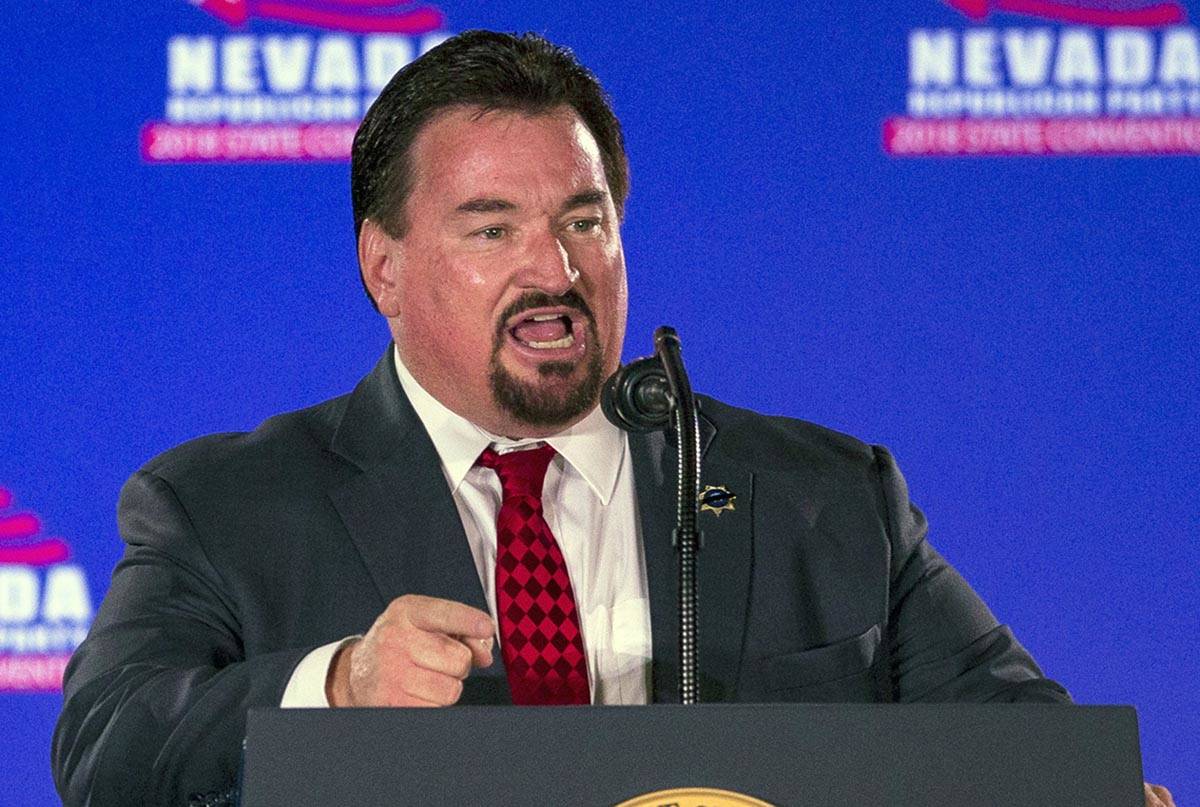STEVE SEBELIUS: When it comes to electing a president, Nevada is now first
Whether Nevada will actually hold the first presidential primary in the nation come 2024 is still murky.
What’s certain is the state has ditched the chaotic party-run caucus system for a state-run presidential preference primary, scheduled for the first Tuesday in February in presidential election years.
But it will be up to the national political parties to work out the calendar, especially since Iowa and New Hampshire treasure their one-two, first-in-the-nation caucus and primary elections. New Hampshire even has a state law that says it can move its primary election day before any other state’s, a law that would have to be changed if Nevada gets the top spot.
While Nevada Democrats are happy about the changes, Republicans are less so. The bill that made the change — Assembly Bill 126 — got a bipartisan vote but failed to win the support of the GOP leader in either house of the Legislature.
And after Gov. Steve Sisolak signed the law, the Republican chairmen of the first four states (Iowa, New Hampshire, Nevada and South Carolina) issued a statement saying they like the initial order just fine.
“As the GOP leaders of the four carve-out states, we want to make clear that we stand together in protecting the presidential nominating schedule as it has existed for many years,” the statement reads. “Our alliance is strong, and we will continue to work together to preserve this historic process.”
It’s easy to understand why Iowa and New Hampshire would want to keep things as they are, but why would Nevada Republican Party Chairman Michael McDonald not want the Silver State to go first?
The answer is twofold: First, loyalty. In past years, when other states sought to knock tiny Nevada off its pedestal as “first in the West,” the other chairmen stood together in advocating for leaving the order intact. McDonald’s signature on the joint statement is payback for that earlier support.
Second, and perhaps more important, the issue of Nevada’s primary date is completely out of state and national Republican hands.
Under AB126, both major parties must have a presidential preference primary. Whether or not McDonald or anybody else wants Nevada to go first doesn’t really matter: As of right now, we’re going first.
And AB126 makes clear that Nevada’s delegates must vote the way the state votes in the primary. County and state party meetings to select delegates to the national party’s convention can’t be held until after the primary.
The only way a major party would not be on the Nevada primary ballot, is if it has only a single candidate (as the GOP did in 2020, with President Donald Trump running for re-election) or if it has no candidates. It’s unclear in the law if a major party could skip the primary and select delegates the old way, but it would require all of that party’s candidates to boycott the Nevada election.
The national parties may still maneuver to allow other states to go ahead of Nevada (say, by moving Iowa’s caucus into mid-January and New Hampshire’s primary into late January). But the bottom line is, as of right now, Nevada is first in the nation, regardless of what anybody thinks.
■ DMV update: I told you back in May about the dilemma facing the state in refunding DMV fees collected under a bill the Supreme Court later ruled unconstitutional because the state Senate didn’t muster a two-thirds vote. The decision affirmed the order of a lower court, which said the state needed to refund the fees with interest.
Lawmakers debated a bill to keep the fees and extend them (this time with two-thirds). But ultimately, the state decided to refund the money, using a portion of the highway fund dedicated for administration. (Under Senate Bill 457, the amount of highway funds set aside for administration will increase from 22 percent to 27 percent.)
As lawmakers warned at the time, refunding the approximately $5.9 million improperly collected is going to cost the state $7.8 million. That money will be used to identify the people and companies entitled to a refund, send them a notice of eligibility and then give back the money.
The fee — collected from July 1, 2020, to May 17 — was $1 per DMV transaction, so regular people won’t be getting much back. A more generous check awaits corporations with many more DMV transactions, such as rental car companies, taxicab owners or companies with large fleets of vehicles.
It’s an expensive mistake for the Legislature, which relied on a legal opinion that said the vote to extend the fee didn’t need a two-thirds vote.
Contact Steve Sebelius at SSebelius@reviewjournal.com. Follow @SteveSebelius on Twitter.























